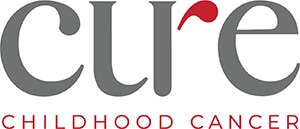Children with certain types of cancer receive bone marrow transplants as part of their life-saving treatment. Bone marrow transplants carry many risks and can be wrought with complications. The most serious risk and leading cause of mortality is acute graft versus host disease (GvHD). GvHD can be a deadly complication and unfortunately, it is very common. About half of all bone marrow transplant patients develop this complication, which occurs when the newly transplanted materials, or graft cells, form pathogenic Tcells which attack the recipient’s body.
In 2010, Dr. Leslie Kean, then the Director of Bone Marrow Transplantation at Children’s Healthcare of Atlanta, launched a phase 1 clinical trial to test a new agent called Abatacept. She believed that in order to prevent GvHD, Tcells need to be treated and changed so they do not attack the recipient’s body. Dr. Kean theorized that Abatacept would decrease the risk of acute GvHD while not increasing the risk of infection. CURE agreed to the merit of the trial and funded the phase 1 study.
“The money from CURE is absolutely essential to preventing and treating GvHD,” said Kean.
Because of CURE ’s grant, Kean was able to test her research on humans for the very first time. For Kean, who started this research ten years ago, it was rewarding “to watch an idea blossom into something greater that can help thousands of children.”
The phase 1 Abatacept clinical trial began with five leukemia patients, all over the age of twelve and in need of a bone marrow transplant. Patients received the drug during the transplant, after which Kean and her team ran tests to determine the effectiveness of Abatacept in preventing acute GvHD.
The data was so promising that Dr. Kean continued with a larger, phase 2 clinical trial. When the drug was used in addition to standard GvHD treatment, it reduced the occurrence of acute GvHD from 32 to 3 percent. The group who received Abatacept alongside their normal treatment experienced increased survival and recovery.
The results from this Phase 2 study are so promising that Dr. Kean is working with the company that makes the drug, Bristol Myers Squibb, to file a “breakthrough therapy” application with the FDA. The breakthrough designation seeks to expedite the review and approval process for promising drugs, allowing them to get to the bedside quicker.
Dr. Kean explains, “As a transplant physician, it’s beyond heartbreaking to witness a patient develop severe acute graft-versus-host disease after having their leukemia cured through bone marrow transplant. To have a therapy at our disposal that safely targets just the Tcells causing graft-versus-host disease represents a major step forward in stem cell transplantation. It not only offers new hope that we can prevent graft-versus-host disease upfront, but that we can also significantly improve outcomes for patients requiring high-risk transplants.”



